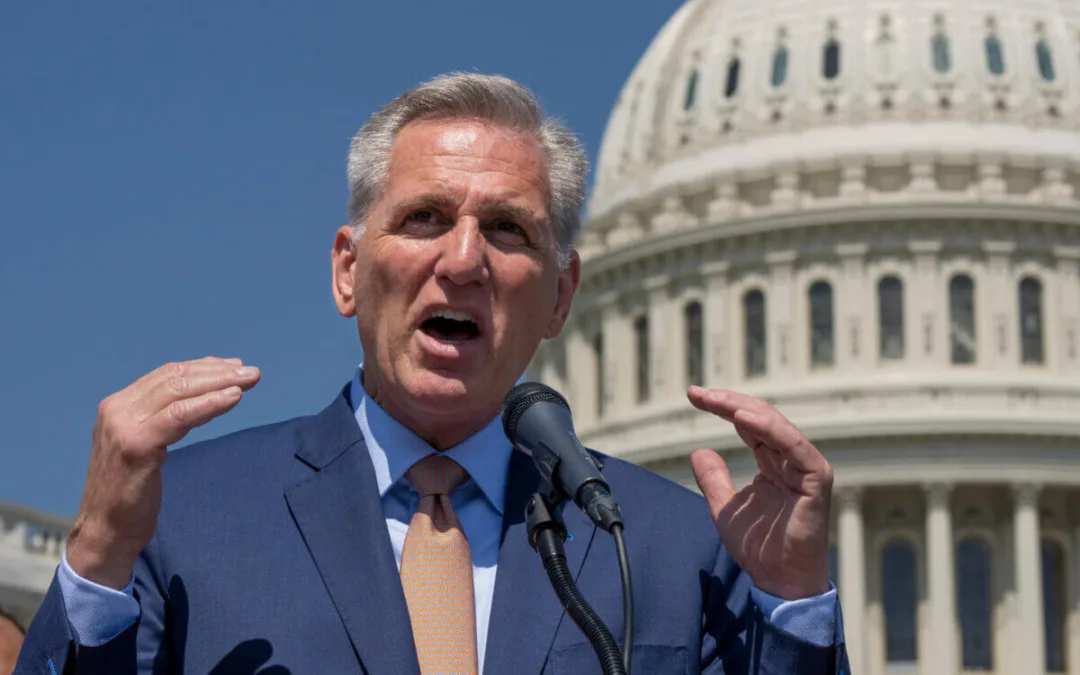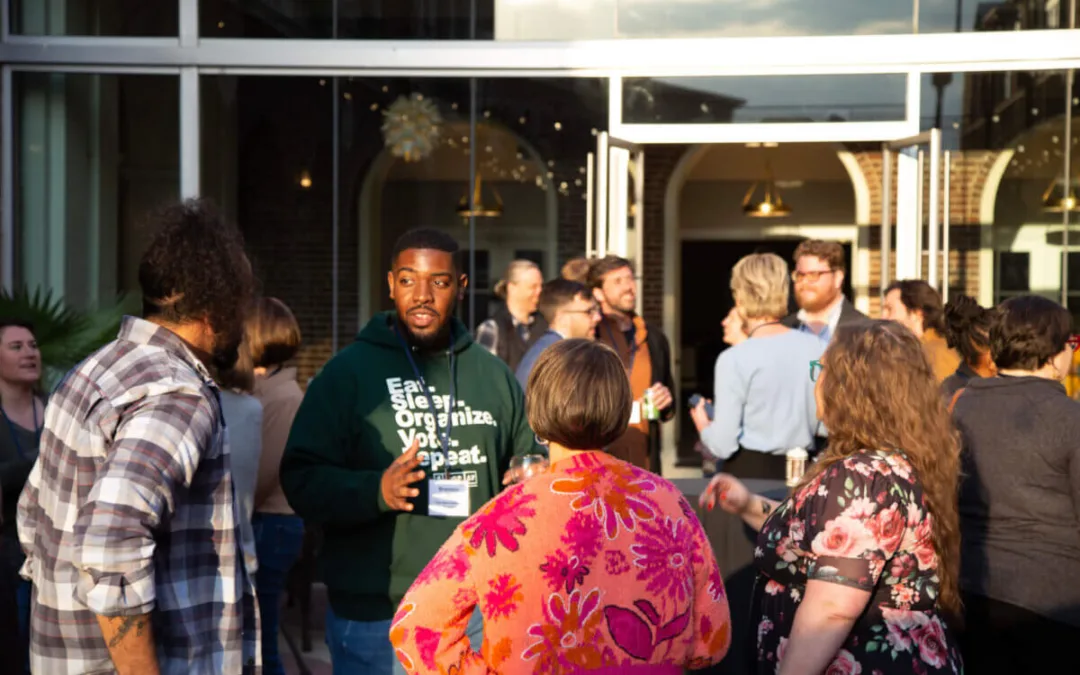
Image via Shutterstock
Experts warn that the state needs to test more than double its current rate. Fewer than 2% of the state’s population has been tested.
As parts of Florida start to reopen for business Monday, marking the first day of “Phase 1” of Florida Gov. Ron DeSantis’ reopening plan for the state, fewer than 2% of the state’s population has been tested for the novel coronavirus, the virus that causes COVID-19, according to an analysis by The Miami Herald.
This percentage is significantly lower than what many experts believe is needed to accurately determine the levels of infection. In fact, they believe that massive testing is needed to determine the scope of the virus in a community, especially since people who have the illness, but are asymptomatic, can spread it to others. It is also vitally important to re-test anyone who tested positive to make sure they have completely recovered.
RELATED: What You Need To Know About Florida And Coronavirus This Week
For this reason the University of South Florida’s College of Medicine stated to Florida governor Ron DeSantis that Florida needs to test at least 150 people for every 100,000 residents every day, a number which is more than double the current rate.
At this time the state has received its first shipment of 200,000 coronavirus antibody tests to be distributed to hospitals to test health care workers, as well as some drive-through testing sites and “possibly to walk-up sites,” DeSantis said on a news conference on Saturday. The governor added that the state will facilitate mobile testing to nursing homes and long-term care facilities.
Additionally, the Orlando Sentinel announced that Walgreens pharmacies will be opening nine drive-through sites across the state. Similarly, CVS pharmacies announced that it will follow with drive-through tests.
Rural Areas Are a Concern
DeSantis’ reopening phase excludes Miami-Dade, Broward, and Palm Beach counties, the state’s hot zones for coronavirus, but according to the Florida Department of Health, at least 12 counties with high rates of people testing positive for COVID-19 will be allowed to open restaurants and other businesses. Eight of these counties –Gadsden, Suwannee, Jefferson, Hendry, Madison, Hardee, Glades, and Sumter— are rural.
RELATED: Florida is Now Just gonna Stop Telling Everyone How Many People Died From Coronavirus
For example, Gadsden County has tested just over 1% of its residents, but those who have been tested show a 19% positivity rate, the highest in the state, according to the Herald report.
These rural areas can have additional challenges, such as an older population and fewer health care facilities, including hospitals with enough intensive-care beds, compared to metropolitan counties. This, according to a report from the Keyser Family Foundation, a non-profit health research organization, can signal trouble, as “non-metro counties are experiencing faster growth rates.”
Phase 1 Forges Ahead
As the state deals with the shortage of tests and the growing rural problem, businesses set to reopen include retailers, restaurants and some state parks. However, all will adhere to social distancing rules and have capacity restrictions. Salons and barbers, and other personal care businesses, such as spas, will remain shuttered, with no timetable given for their reopening.
Politics

Teamsters and UPS Reach Tentative Deal to Avoid Strike, 340,000 Workers to Get Raises
The tentative deal represents a huge win for full- and part-time UPS Teamster workers, who would get significant pay raises and better working...



One Republican Senator Is Blocking 265 Military Promotions, Leaving the Marines Without a Confirmed Leader
Sen. Tommy Tuberville's decision means these military officers are not getting the pay raises they’re owed, cannot move their families to wherever...
Local News



Teamsters and UPS Reach Tentative Deal to Avoid Strike, 340,000 Workers to Get Raises
The tentative deal represents a huge win for full- and part-time UPS Teamster workers, who would get significant pay raises and better working...



One Republican Senator Is Blocking 265 Military Promotions, Leaving the Marines Without a Confirmed Leader
Sen. Tommy Tuberville's decision means these military officers are not getting the pay raises they’re owed, cannot move their families to wherever...




